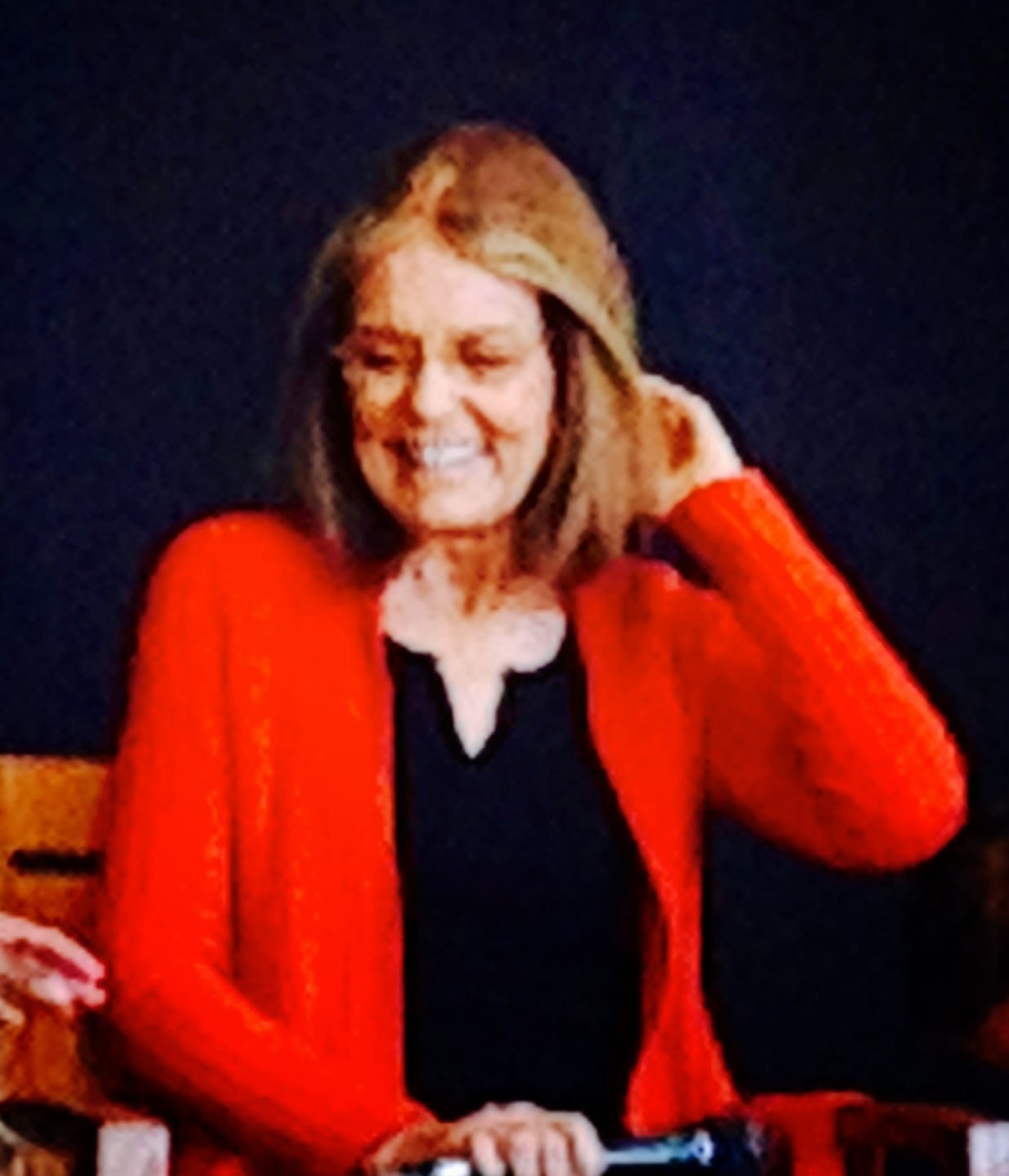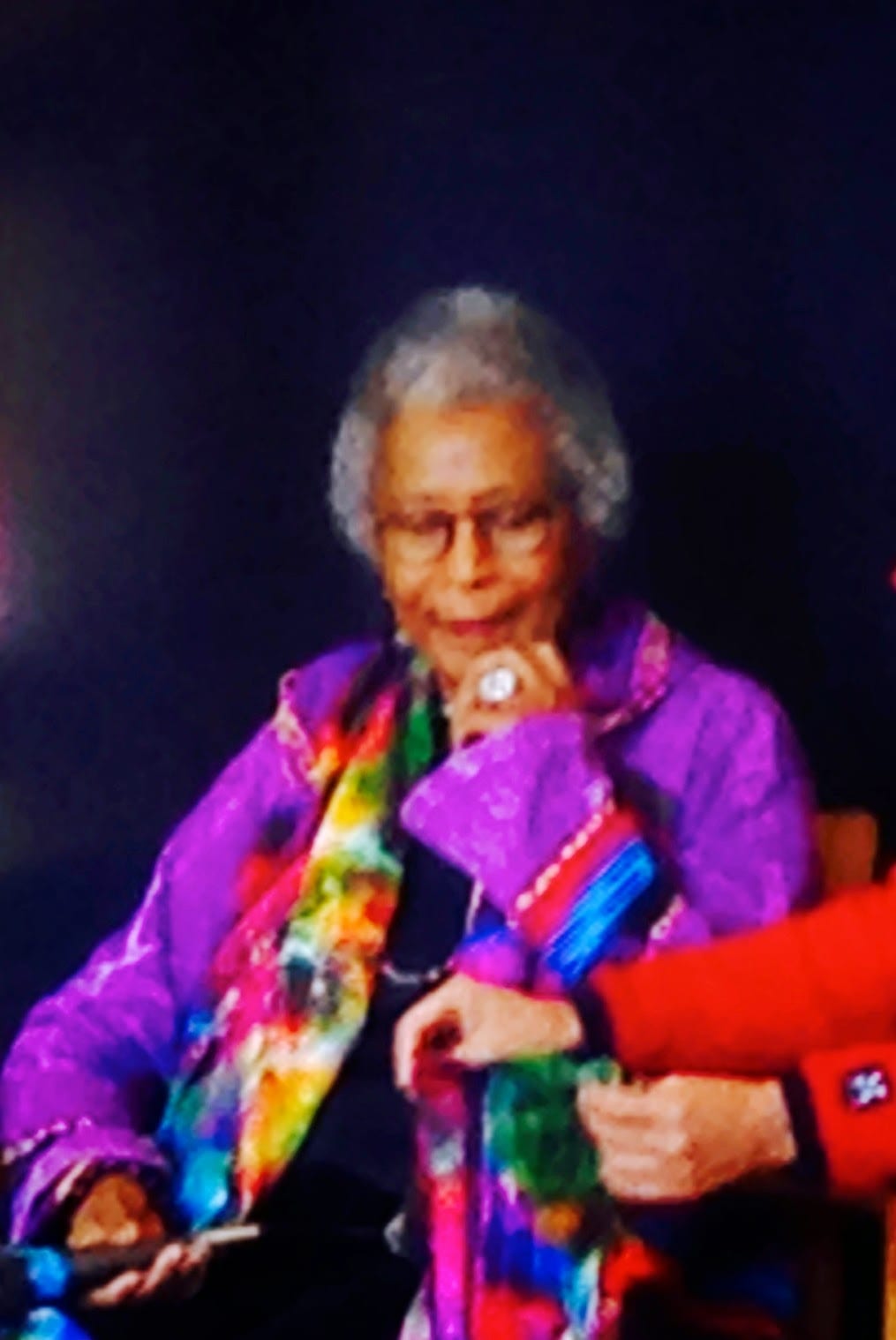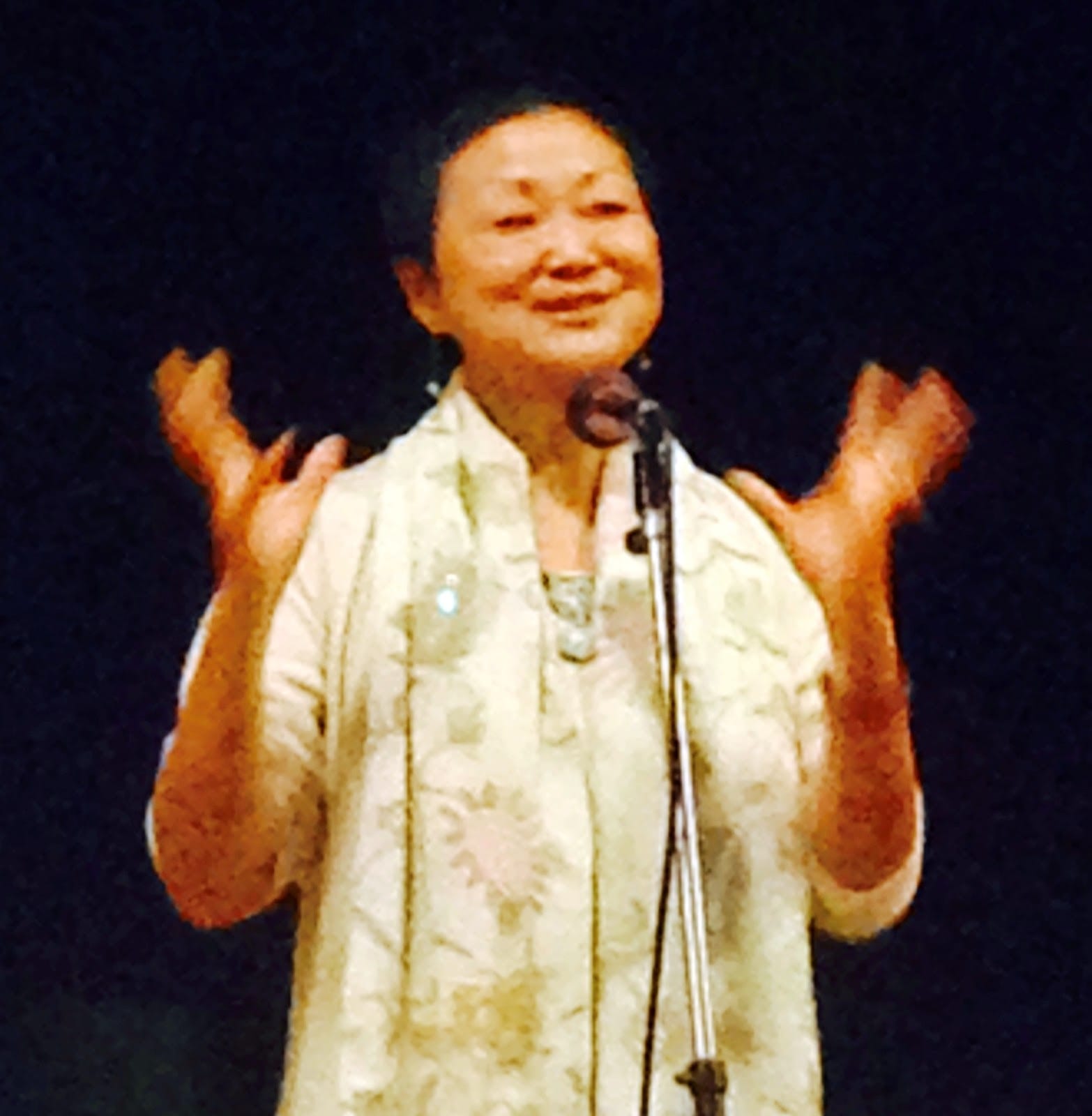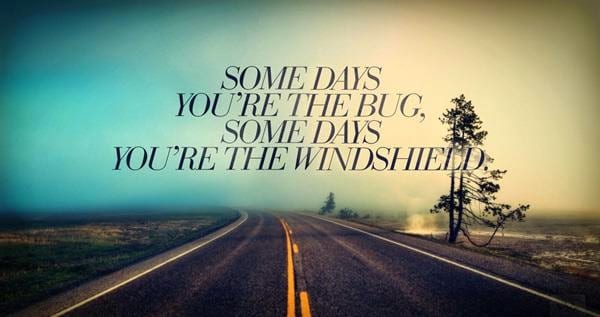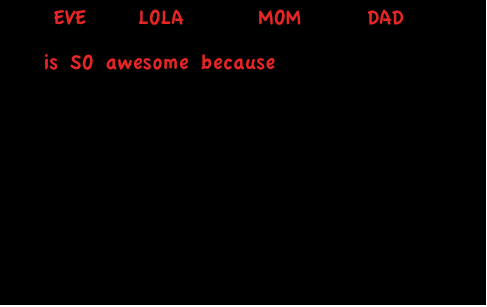It is not often that we get to spend time with our childhood heroes, if at all, but I was lucky enough to do that last week. Thanks to folks at the Women’s Funding Alliance, I had the opportunity to head to Ghost Ranch in New Mexico and steep myself in the deep knowledge and energy of three iconic feminist leaders.
Gloria Steinem
Alice Walker
Dr. Hyun Kyung Chung
It was a ‘conference’ like no other I have ever attended for so many reasons, chief among them the fact that all three women stayed for three full days. They spoke individually and came together to discuss ideas and answer questions. They were available during free time for us to approach them for autographs and photos as well as conversation and it all felt very intimate, especially given that these three women have known each other for years, and worked together on important projects and ideas. Their collective Q&A sessions had an air of ease and camaraderie that extended to the audience.
Alice Walker kicked off the week by talking about fear and mindfulness and transitions. She has a fiery edge to her that raises passions, points out injustice and prejudice and stirs up deep emotions. She is a brilliant orator and it is clear that she is always thinking, answering spontaneous questions with a deliberate message. She read poetry and expressed strong opinions and stood on the stage looking slightly regal. She was that fiery grandmother who is not about to keep quiet.
Gloria’s presence was anchoring. When Alice sent us up into the sky with her talk of war and politics and race, Gloria grounded us all back in our own skin. She was calm and clear, offered concrete examples, and urged us all to decide what was important to us in our own communities. At the age of 80, she continues to travel the world listening to people, reading books and essays, constantly deepening her understanding of the patterns and connections that are both healing and harmful. She possesses a historical and global knowledge of gender violence and was careful to bring it full circle, reminding us that taking the 20,000 foot view is paralyzing, that we must all strive to find the thing we can do that is right next to us. She urged us to be aware and active, to use the power we have right now (our dollars, our votes, our openness to connecting with others), and to really listen to others. She was funny and irreverent and consistent in her message.
And just when we were all feeling quietly inspired to go and be change agents in our own communities, Dr. Chung came up and offered us joy. I had never heard of her before this week, but the first time I saw her I couldn’t help but break into a grin. This woman absolutely radiates love and warmth. Her smile is luminous and crackles with energy and she seems entirely undaunted by anger or doubt despite the hard work she does every day to liberate women and create peace. She talked about compassion and empathy, about connecting with others on the most basic levels in order to crate a sense of shared humanity, and she offered astonishing examples of how this has played out in her own life. She laughed and danced and brought us all along on her wave of optimism, cracking jokes about orgasms and kicking butt.
With the addition of a large group of folks from the Women’s Funding Alliance, the week was perfect. We hiked and talked, turning the ideas over and over again. We sat and drank wine in the evenings, discussing ways to implement the most salient pieces in our own part of the world. We felt inspired every morning as we awoke to the prospect of another fascinating exchange. I came home floating, my brain absolutely overflowing with plans, quotes from these three powerful women bubbling up here and there. I know that I haven’t yet fully integrated all of the wisdom I received last week and I expect I will continue to turn it all over in my brain for weeks to come, but I will leave you with a few of my favorite quotes from the week.
“Hope to be imperfect in all of the ways that keep you growing.” Alice Walker
“Where love exists, it is hard for jealousy to sprout.” Alice Walker
“Mothering is an art AND a practice.” Alice Walker
“Religion is politics in the sky.” Gloria Steinem
“As long as God looks like the ruling class, we are all in deep shit.” Gloria Steinem
“Our children only know they have something to say if someone is listening to them.” Gloria Steinem
“If you want ‘x’ at the end (ie. joy, laughter), you have to have it along the way.” Gloria Steinem
“Who wants the Golden Rule administered by a masochist?” Gloria Steinem
“Hope is a form of planning.” Gloria Steinem
“If you connect, there is peace. Disconnection leads to violence.” Dr. Hyun Kyung Chung
“All the things we do not want to confront within ourselves, we project those onto others and we call them terrorists.” Dr. Hyun Kyung Chung
“There are two ways of being broken – being broken apart so you lose your soul or you are broken open, wider, bigger, fuller. So you become a container for suffering, an alchemist who can change your suffering into joy. Don’t be afraid of being broken. Surrender into brokenness but don’t be broken apart.” Dr. Hyun Kyung Chung
“I am a theologian because I have to save God from patriarchy.” Dr. Hyun Kyung Chung




